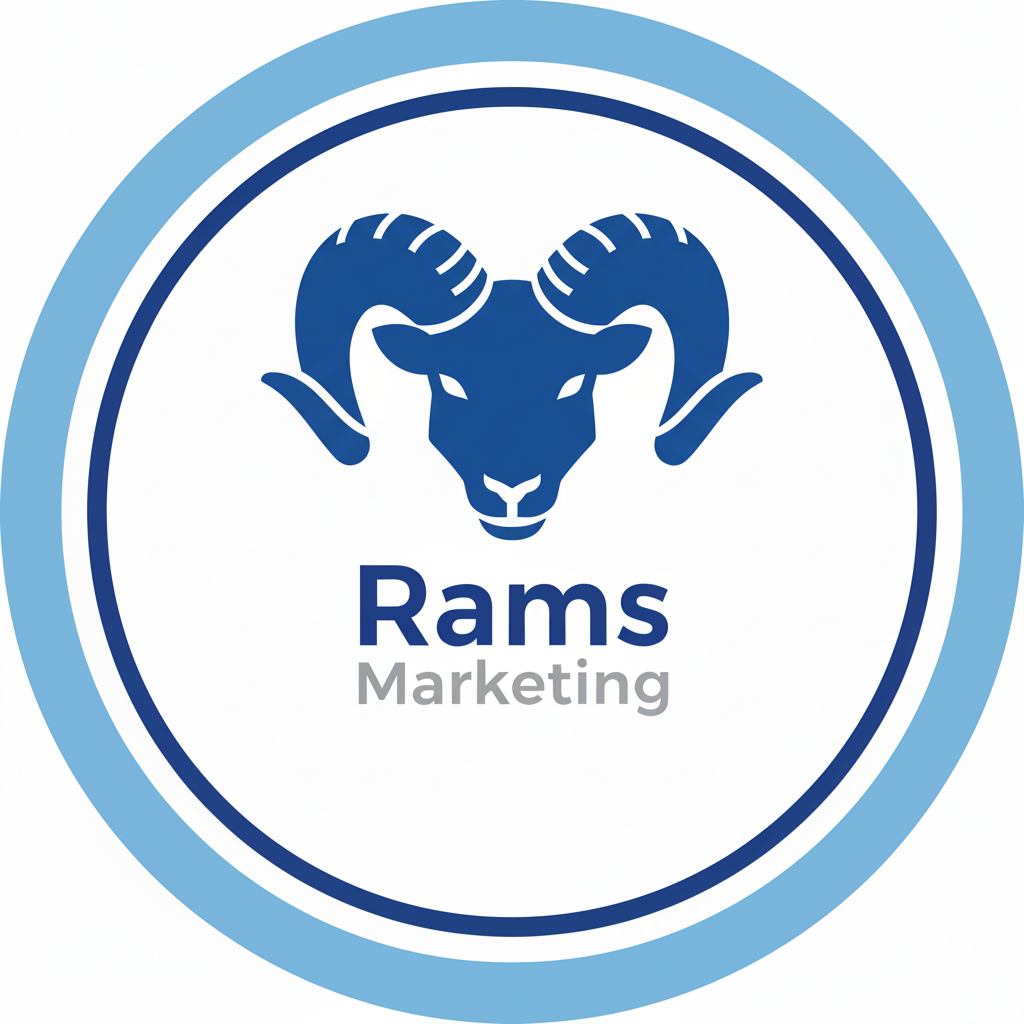Discover SEO and AI concepts for ranking content in LLMs
What is SEO and LLM?
Search Engine Optimization (SEO) has traditionally focused on making content more visible in search engines, such as Google. However, the rise of AI and large language models (LLMs) is changing how content is discovered, ranked, and presented. Understanding SEO and AI concepts for ranking content in LLMs is crucial because it combines technical skills with audience awareness, enabling us to prepare for how people will find information in the future.
Challenges and Opportunities
One challenge is that traditional SEO rules are evolving rapidly, and strategies that work on search engines may not always be effective for AI-driven platforms. Another issue is that LLMs summarize content instead of always directing users to the original page, which can result in reduced web traffic. On the other hand, opportunities exist for students and professionals who learn how to write in ways that AI can understand and highlight, making their content more discoverable.


AI and Its Impact on Content Optimization
Artificial Intelligence plays a significant role in how information is organized and delivered. Instead of just scanning for keywords, AI tools now look for context, intent, and meaning behind content. This means writers and marketers need to think less about keyword stuffing and more about creating content that feels natural, informative, and user-centered.
AI analyzes patterns in language to identify relevance.
Semantic understanding allows AI to connect related ideas, not just exact matches.
Personalization means content may rank differently for different users.
SEO Best Practices for LLM Visibility
SEO for LLMs is not just about ranking—it’s about adaptation. As AI continues to transform the way people access information, content creators must prioritize clarity, relevance, and context. Those who understand how to write for AI, while maintaining human readability, will have a competitive advantage in digital marketing and content strategy.
Use clear keywords
The main keyword “SEO and AI concepts for ranking content in LLMs” should appear naturally in titles, headings, and throughout the text.
Prioritize structure
Subheadings, bullet points, and short paragraphs help AI models identify main ideas.
Provide context
Add examples, definitions, or comparisons to help AI recognize the content as valuable and authoritative.
Advanced Techniques for SEO and AI Concepts for Ranking Content in LLMs
Use Semantic Clustering
Rather than repeating exact keywords, group related terms and concepts around your main topic. LLMs understand context, so content that covers subtopics and related ideas in a natural way is more likely to be recognized as authoritative. For example, writing about “SEO for LLMs” could also include terms like “generative search ranking,” “AI content discovery,” and “semantic relevance.”
Incorporate Long-Form and Rich Content
AI tends to rank content higher when it offers depth and detail. Long-form articles, case studies, and explanatory guides provide context and relevance that short or shallow content cannot match. Include visuals, diagrams, or charts to enhance comprehension.
Monitor Performance with AI Tools
Use AI analytics tools to track how your content is being summarized or cited. This feedback helps refine content so that it’s not only visible to LLMs but also drives engagement and traffic.

Ethical Considerations for SEO and AI Concepts for Ranking Content in LLMs
When optimizing for LLMs, it’s crucial to prioritize accuracy and transparency. AI models can summarize or reinterpret content, so providing factual, high-quality information is essential. Misleading or thin content may get surface visibility but will damage credibility over time.
Tracking, Testing, and Iterating for LLM Success
To fully leverage SEO and AI concepts for ranking content in LLMs, it’s essential to monitor performance and iterate continuously. Unlike traditional SEO, LLM-driven search results are dynamic, personalized, and context-sensitive. This means what works today may need fine-tuning tomorrow.
Key strategies include:
- Summarization impact: Track how often your content is referenced, cited, or summarized by AI models in answers. If your content is consistently included, it indicates strong relevance and authority.
- Search impressions and reach: Measure visibility within AI-powered summaries, snippets, and answer boxes. Monitoring changes helps you adapt your content for new AI behavior patterns.
- User engagement: Analyze clicks, dwell time, and interactions from AI-driven referrals. Metrics like time on page, scroll depth, and conversions provide insight into whether AI-generated exposure leads to meaningful engagement.
- A/B testing content: Experiment with phrasing, headings, and subheadings to identify which structures are more easily parsed and promoted by LLMs.
Iterative testing ensures your content evolves alongside AI models, making your strategy resilient and future-proof.
Leveraging AI for Content Creation
AI is not just a target for optimization—it can be a powerful ally in crafting content that performs well under SEO and AI concepts for ranking content in LLMs. Thoughtful integration of AI tools can save time, enhance creativity, and boost discoverability:
- Content drafts and outlines: AI can suggest logical structures, subtopics, and key points, ensuring coverage of both primary and related concepts.
- Semantic and topic analysis: Use AI to identify gaps in your content’s coverage. Detect related terms, synonyms, and phrases that improve context recognition for LLMs.
- Readability and tone checks: AI can help ensure content is human-friendly, clear, and authoritative, while remaining optimized for LLM understanding.
- Predictive engagement insights: Some AI platforms analyze likely user questions and preferred content formats, allowing you to proactively address search intent.
By combining human judgment with AI assistance, content creators can produce material that resonates with both readers and AI models.
Integrating Multi-Format Content
AI-driven search increasingly values rich, structured, and multi-format content. To maximize the impact of SEO and AI concepts for ranking content in LLMs, consider a variety of content types:
- Visual aids and infographics: Support comprehension and allow LLMs to extract structured data from visuals.
- Tables and bullet points: Organize information in easily digestible formats that AI can summarize accurately.
- Video and audio with transcripts: Providing text transcripts ensures spoken content is fully accessible to LLMs.
- Interactive elements: Quizzes, calculators, and other dynamic tools can engage users while giving AI models additional context about content relevance.
Multi-format content not only enhances human engagement but signals authority and completeness to AI systems.
Advanced Topic Structuring
The organization of your content is just as important as the content itself. LLMs assess context, semantic relationships, and content depth:
- Semantic clustering: Group related ideas, synonyms, and subtopics naturally within your content. For example, a page on “SEO and AI concepts for ranking content in LLMs” could include phrases such as “AI content discovery,” “LLM search optimization,” and “semantic relevance.”
- Internal linking: Connect related articles or sections to help AI recognize topic authority and context hierarchy.
- Progressive depth: Start with general concepts, then expand into subtopics with examples, case studies, and data. LLMs favor content that provides a layered understanding.
This structured approach signals to AI that your content is both authoritative and comprehensive.
Monitoring AI Trends and Future-Proofing
AI search is evolving rapidly. Staying ahead requires ongoing awareness of SEO and AI concepts for ranking content in LLMs:
- Model updates: Track LLM improvements, updates, and changes in summarization behavior.
- Voice and conversational search: Optimize for natural language queries, question-answer formats, and long-tail conversational phrases.
- Cross-platform integration: Ensure content is structured for multiple AI channels, including chatbots, intelligent assistants, and recommendation engines.
- Continuous feedback loop: Regularly analyze AI citations, user behavior, and engagement metrics to refine strategy.
By proactively adapting, content creators can maintain visibility, authority, and relevance as AI transforms the search landscape.
Actionable Takeaways
To summarize, maximizing performance under SEO and AI concepts for ranking content in LLMs involves:
- Writing content that balances human readability with AI interpretability.
- Using structured, multi-format, and semantic-rich approaches.
- Monitoring performance metrics and iterating frequently.
- Leveraging AI tools for creation, analysis, and optimization.
- Keeping up-to-date with LLM trends, features, and search behaviors.
These practices ensure your content remains discoverable, authoritative, and competitive in the AI-driven era of search.
LLM Search Behavior: What AI Actually Looks For
Add a section explaining the signals LLMs use:
- Contextual depth rather than keyword density
- Semantic relationships across paragraphs
- Topic clustering and internal linking
- Clear definitions and examples
- Human readable structure
This helps users understand why long form, organized content performs better in LLM systems.
AI Ranking Factors Compared to Google Ranking Factors
Traditional SEO Factors
- Backlinks
- Keywords in titles and meta descriptions
- Page speed
- Domain authority
LLM Ranking Factors
- Semantic quality
- Factual depth
- Narrative clarity
- Answerability
- Structure designed for summarization
A short comparison section will strengthen your page and show modern knowledge.
Add a Semantic Clustering Example
Show how LLMs pick up topic relationships:
Main Topic: SEO and AI concepts for ranking content in LLMs
Semantic Cluster:
- Generative search optimization
- Semantic indexing
- Natural language ranking
- Vector based search
- AI powered summarization
This helps readers understand how to write content that LLMs view as authoritative.
LLM Friendly Formatting Guide
Explain why formatting matters:
Subheadings
LLMs use headers as anchors to understand topic transitions.
Bullet Points and Lists
AI uses these structures to extract key ideas.
Short Paragraphs
Long walls of text confuse semantic parsing.
Tables
LLMs cite tables more often because they represent organized information.
AI Generated Content Disclosure
Since your project involved AI generated drafting:
- Add a small section explaining how AI assists content creators.
- Emphasize human editing, fact checking, and refinement.
- Mention ethical content creation practices.
This signals transparency, which improves credibility.
Examples of AI Tools You Can Add
Creation Tools
- GPT
- Claude
- Gemini
Analysis Tools
- SurferSEO
- Clearscope
- Frase
Monitoring Tools
- Perplexity Analytics
- Chat-based search impressions
- AI-driven engagement analytics
Future Trends in LLM Search
Add a short conclusion section about:
- Multi-modal search
- Conversational ranking
- Personalized AI assistants
- Fully generative SERPs
This makes your page feel complete and future-facing.
